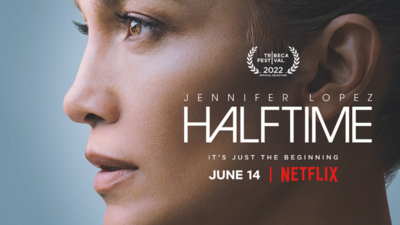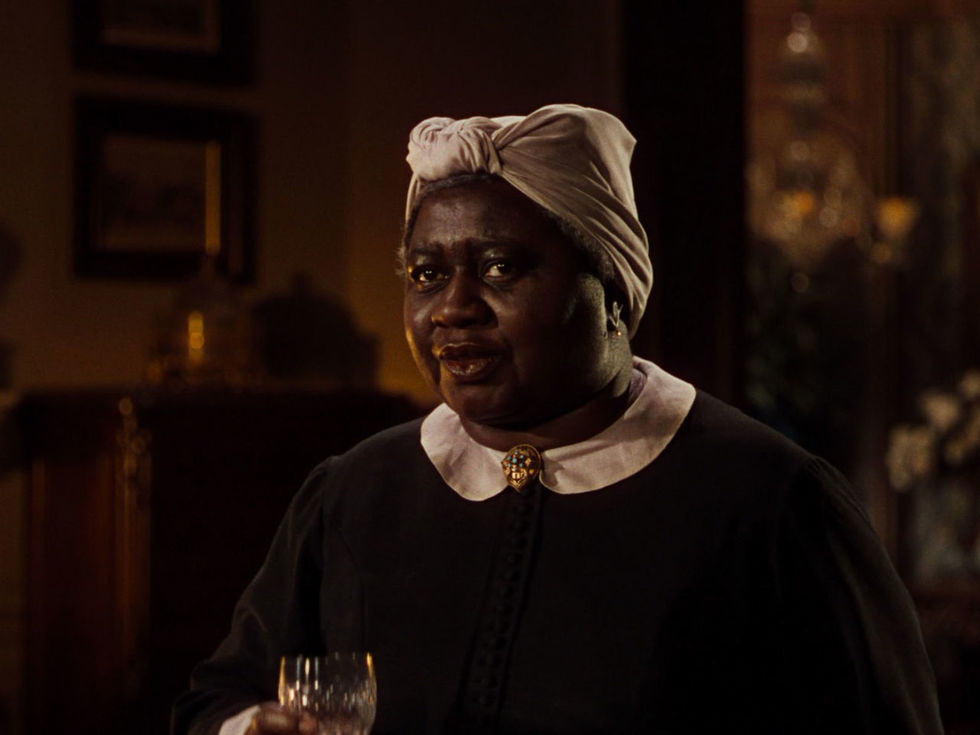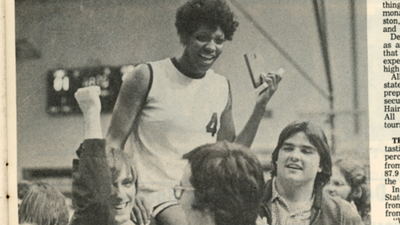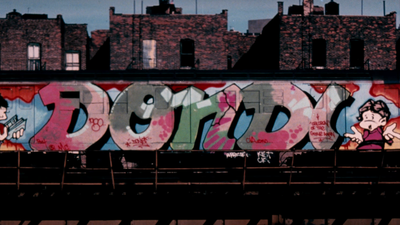
BY MATTHEW ENG |
This New Tumblr Project is Editing Your Favorite Movies to Let Actors of Color Speak

A new Tumblr project entitled Every Single Word is cleverly condensing some of our favorite mainstream and indie movies of recent years to call out Hollywood's enduring representation biases when it come to people of color. The project's creator Dylan Marron cuts out the Caucasian actors in films ranging from Darren Aronofsky's Black Swan to Nicole Holofcener's Enough Said in order to narrow down each movie to only the parts in which people of color speak. The results are, unsurprisingly, brief, as in this freshly-cut version of Spike Jonze's Her, whose futuristic Los Angeles was partly shot in Shanghai:
These newly-edited short films often run for less than a minute, but the point is startlingly clear: these roles are shit and these actors are virtual props whose allotted screen time is pitiful if not non-existent, as is the case in Rob Marshall's 2014 musical Into the Woods:
It's of course telling that, regardless of their individual quality, the bulk of the movies highlighted so far are the products of white, male directors: Marc Webb's (500) Days of Summer, David O. Russell's American Hustle, Josh Boone's The Fault in Our Stars, Noah Baumbach's Frances Ha, Will Gluck's Friends with Benefits, and Aronofsky's Noah, the latter of which is a notoriously white-washed re-envisioning of Noah's Ark whose two hour-plus runtime features nary a word from any actors of color. However, none of this should necessarily come as a surprise to audiences who are even relatively familiar with these aforementioned directors' bodies of work. Two weeks ago, The View co-host Whoopi Goldberg slyly hijacked an interview with Jason Schwartzman to call out the notoriously ivory-inclining casting choices of the actor's frequent collaborator Wes Anderson, whose Moonrise Kingdom has already received the Every Single Word treatment to embarrassing effect.
It's an admittedly dire state of affairs when a one-of-a-kind Oscar-winning icon has to print out her actual resume to grab the attention of one of the industry's most sought-after auteurs, however humorously intended the gesture. But if you think it's terrible for a prominent entertainer of color to have to remind you of her redoubtable talents, then take even greater pity on the terrific but constantly underrated Mexican character actor Michael Peña, who speaks for less than a minute as a faux-sheik in American Hustle. Or for young Andreas Sheikh, whose Khaki Scout in Moonrise gets less than ten seconds of dialogue. Or for the innumerable women of color saddled with reading diagnoses to the white leads as anonymously expressionless doctors in Black Swan, Fault in Our Stars, and countless other movies that have yet to be re-edited by Marron, who made the shrewd decision of making the site's banner image a still of the African-American actress Hattie McDaniel alongside Vivien Leigh from Gone with the Wind.
McDaniel's legendary, Oscar-nabbing performance as the dauntless house slave Mammy was understandably seen as a major breakthrough for actors of color during the film's 1939 premiere, even though McDaniel was never again afforded a part nearly as plum or pivotal for the remaining thirteen years of her career. Today, McDaniel's resilient reputation remains commendably intact, even as the role and her performance linger on as continually divisive entities among modern-day audiences. And although she won a trailblazing Best Supporting Actress trophy, McDaniel's Mammy appears in the four-hour epic for little more than twenty minutes, which comes out to roughly 9% of the film's total running time, which definitely isn't a cameo but certainly isn't as substantial or central to the overall film as the 37-plus minutes provided to co-star and Supporting Actress competitor Olivia de Havilland. McDaniel's presence on the page, then, is an instant yet profound reminder that some things really do stay the same, even when it appears they're changing.

